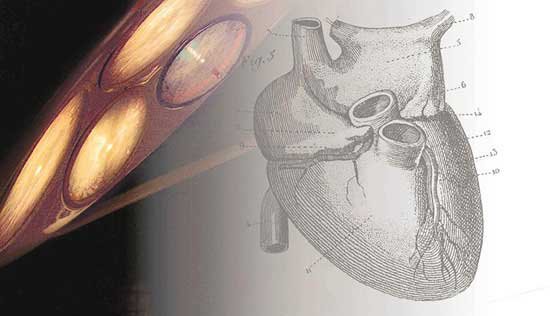Thursday, January 24, 2008
London Free Press - Ian Gillespie - Protesters on wrong track on this one
London Free Press - Ian Gillespie - Protesters on wrong track on this one
Protesters on wrong track on this one
By IAN GILLESPIE
There were about 30 young people, a bunch of signs and at least one bullhorn when protesters marched on a Health Canada office in London last week to squawk about the fact gay men aren't allowed to donate blood or organs.
It occurs to me that: a) this is what we get when people don't pay attention to their own recent history, and b) this is what we get when we raise kids in a culture of self-obsession that promotes and reveres individual rights above all else.
The protest was organized by a group called Students Against Queer Discrimination, and much of its pique was focused on question No. 18 on the form everyone fills out when they want to donate blood: "Male donors: Have you had sex with a man, even one time since 1977?"
The protesters believe this question discriminates against gay men. Local MP Irene Mathyssen apparently agrees, since she joined the protesters and asked, "Why on Earth would we ever allow homophobia?"
Here's a news flash for Mathyssen and those protesters: This isn't homophobia. It's life-and-death common sense.
It would appear Mathyssen and the protesters have never heard of a little something called the Krever inquiry, a 10-year criminal probe into Canada's worst preventable public health disaster.
The inquiry examined the sorry chain of events that led to what was widely referred to as the "tainted blood scandal." Officials estimate that during the 1980s, at least 2,000 Canadian recipients of blood and blood products contracted HIV, while another 20,000 recipients were infected with hepatitis C, a potentially debilitating liver disease.
As of 1997, it was estimated that about 3,000 people had died. But journalist Andre Picard, who wrote a book about the tragedy (The Gift of Death: Confronting Canada's Tainted Blood Tragedy), estimates about 5,000 more will ultimately die as a result of receiving bad blood.
The Krever inquiry concluded a number of things contributed to the tragedy, including a failure to screen out high-risk donors.
As a result, the Red Cross was stripped of its blood program and a new agency, the Canadian Blood Services, was formed to oversee the country's blood network.
In light of that nightmare, Canadian Blood Services has one over-riding priority: Ensure our blood supply is as safe as possible. And despite what Mathyssen and those callow protesters may think or say, that means paying attention to statistics.
"Scientific evidence says the highest-number of HIV-infected (people) are men who've had sex with another man," says Cindy Graham, regional communications manager, Southern Ontario, with Canadian Blood Services. "It's close to 40 per cent.
"The next highest comes from people who are intravenous drug users," she adds. "Then we're looking at people who have sex with those groups, and then there are people who come from African countries that are endemic for HIV."
All of those people, in any of those groups, are prohibited from giving blood. Likewise, new Health Canada regulations restrict organ transplants from sexually active gay men and intravenous drug users.
It's true that all blood donations are tested. But Graham says those tests aren't always foolproof.
"There's a window period (when tests can't detect the virus), particularly for HIV," she says. "There are lots of pathogens that we test for."
There are 29 questions on the donor form. They include: "At any time since 1977, have you taken money or drugs for sex?" And, "Have you ever taken illegal drugs or illegal steroids with a needle even one time?"
Does that first question discriminate against prostitutes? Does the second one discriminate against drug addicts?
Yes, they do. And for good reason -- because people who engage in those types of behaviour are more likely to carry infected blood.
Picard, who writes frequently about health-care rights, says it's wrong to make sweeping generalizations about gay men, since many are involved in long-term, monogamous relationships.
But still, he says the restrictions are justified.
"The bottom line for me is that giving blood is not a right," says Picard. "It's a privilege, and it has to be exercised carefully."
Maybe some day those protesters will outgrow their selfish solipsism and figure that out.
Email: igillespie@lfpress.com
Home Page
To read Ian Gillespie’s blog, click here
Subscribe to:
Post Comments (Atom)

No comments:
Post a Comment